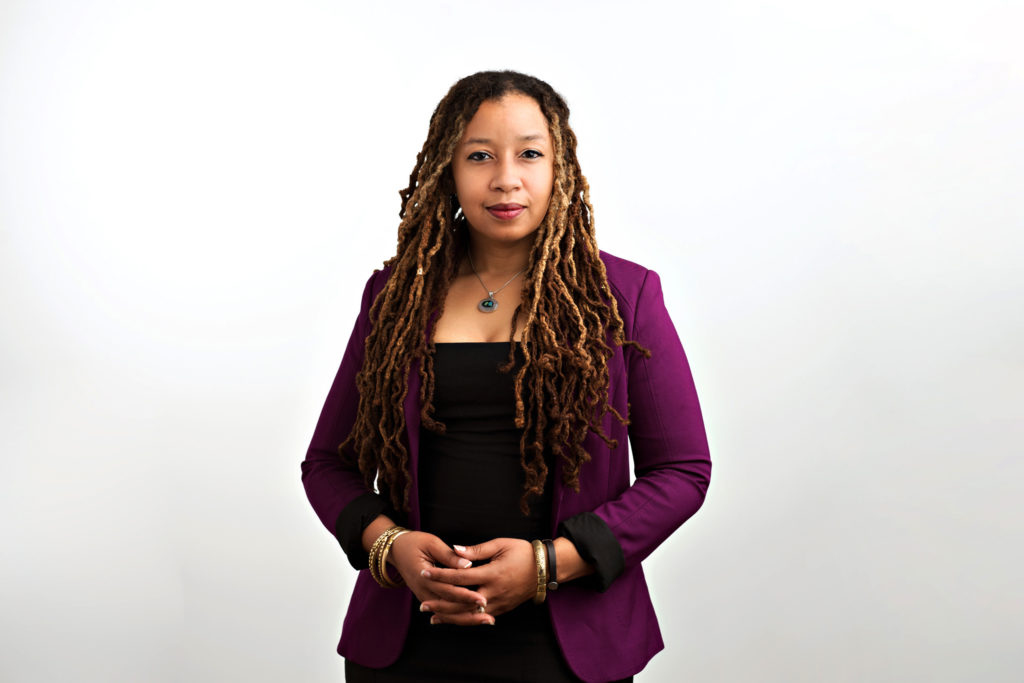An Educator's Road to Queen's Park

Laura Mae Lindo was shocked to see the amount of Antisemitism and Anti-Black racism permeating campus when she first became Director of Diversity at Laurier University in 2012. Quickly, she found herself representing the school in media interviews.
“In my frustration, I called for a summit on the status of race and racism in Canadian university campuses,” she recalls. “I decided I was only inviting people that had power to make change—so I invited the prime minister.”
Lindo invited every local education leader in the Waterloo region to address the threat of such racism. She invited the leaders of every official party. Her uncle being Alvin Curling—the first Black elected Speaker of the House in Ontario—she extended an invited his way too.
But the only politician who showed up? Catherine Fife, MPP Waterloo.
Nevertheless, undeterred, together, they had a summit to run. With representatives from 20 institutions present, the summit would continue and would go on to become e(RACE)r. Soon after its close, Lindo’s office began getting phone calls from representatives of Canadian universities and colleges who wanted to participate.
Lindo began to develop a strategy to keep the work going collaboratively. Her rationale? That there was nothing she could do at Laurier to address racism—not until all other institutions also got it right. Meanwhile, impressed with the success of the e(RACE)r, Fife began calling Lindo with one request—to run for office.
“I kept saying no, yet she kept trying. Then, one day, she said to me, ‘Look, you’re working within this little sphere of influence over here at Laurier. Imagine if your platform to do that change work was the province.’”
That one got her attention.
“I had to sit back and think about, honestly, the theory I was working on. So many of us in academia decide to stay in academia, but we’re just talk, talk, talking... We’re so disconnected from what is happening on the ground.
“So I was like, ‘If I’m serious about this and I do have this opportunity, if I say no, I am literally saying that I will continue to do this work only with theory and only practice at a distance.’ I didn’t think I would win, but decided, ‘Okay, I’ll try.’ And then all of a sudden, here I was—elected.”
Andrea Horvath appointed MPP Lindo to be the critic for anti-racism, and recently critic for colleges and universities, while also being the chair of the first-ever Black Caucus. Lindo says to best serve in these posts, she would further draw upon her various past experience in education.
One instance arose during her Master’s in Philosophy with U of T and her PhD in Education with York, she found herself teaching Teacher Candidates—new teachers, on how to address race and racism in school. This was a natural teaching moment for Lindo, one she could take from the classroom to advising the country’s very own leadership.
Today, she questions where the expertise lies to address racism in the classroom. She recently tabled a private member’s Bill called Racial Equity in Education that spans kindergarten to post-secondary to embed racial justice and racial equity language in any piece of legislation that governs education in Ontario.
Lindo says because of the support she got at York, she has been able to take a far more creative approach to the work she now does at Queen’s Park.
“The kinds of deals that I’ve decided to do? The types of connections and people I’ve reached out to? I cannot help but attribute a lot of that to the way that education was taught to me. Not knowing K to 12, but just about what it means in theory to educate people and what are the social realities that stop certain people from having access to education, why, and how does it socialize people?”
“That’s so much bigger than I thought education was when I first put my application in at York.”
Today, a big focus of her work likewise centers on developing different pedagogical strategies to teach back into the system what she currently learns about the community—to further highlight that there are racialized communities that are disproportionately impacted by the pandemic.
“That’s what racism in the system looks like, which is why we need to ensure there are targeted supports and we need to track and collect data we’ve got.”
Lindo notes that when everything shut down, some workers were going to be considered essential, while others would not. Often, these essential workers were racialized women.
“The government refused to collect data about these types of hot spots. They did not want to collect data about who was on the front lines, but with pressure, from the community, and from us as the official opposition, they had to start collecting race-based data during the pandemic.”
For Lindo, this win and her most recent Bill goes hand in hand with her vision of politics, which always comes back to centering the most marginalized, being authentic and critical.
“I’m offering myself and my expertise to and sometimes those conversations are heard. But they have to happen. At the end of the day, if you’re doing it from a place of love, care, and compassion, there’s always somewhere we can go.”
Article by Dennis Bayazitov special contributing writer
